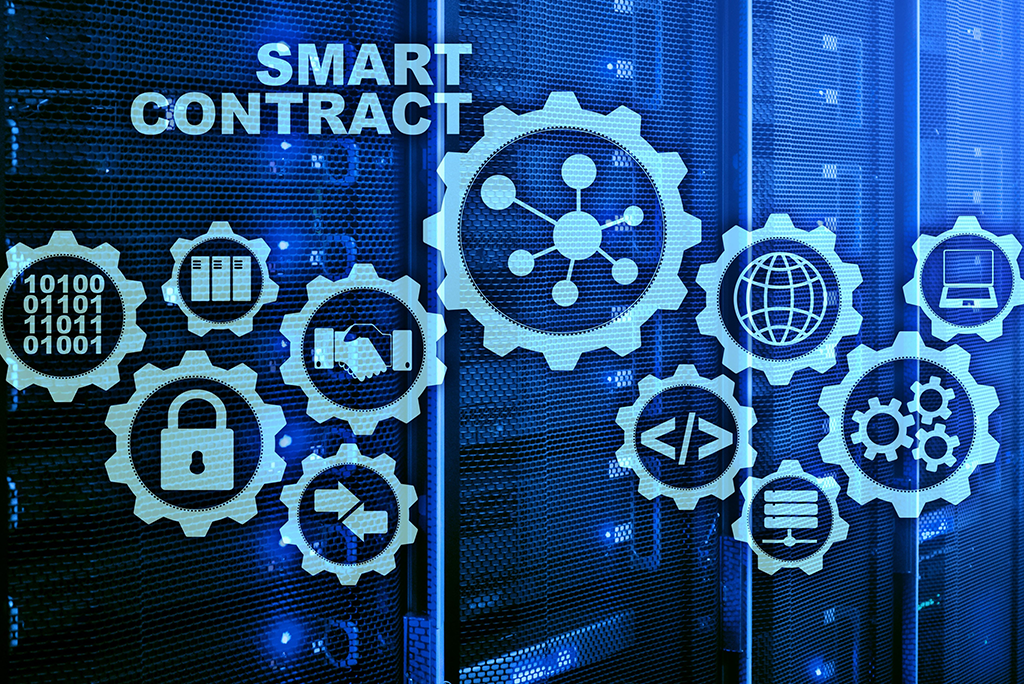
The Internet of Things (IoT) is creating excitement over its potential to transform the world, but the real power of IoT will be bolstered by another emerging technology—blockchain.
IoT is a system of interconnected devices that gather and transfer data over a wireless network. These devices come with sensors that collect, store, and examine data. Because all the devices are connected online, they can upload data to the internet, download software updates, and be controlled remotely.
As discussed in a previous post, blockchain is a decentralized digital ledger of transactions that records data in a way that prevents hacking and altering of the data. It does this by duplicating transactions and dispersing them to “nodes” across the network.
Blockchain Will Enable “Smart Contracts” Through the IoT
Blockchain may become a necessary component of IoT systems in the future, particularly when it comes to business and legal transactions. Transactions of all kinds—be they financial or legal—are traditionally authorized by a third party, such as a bank or a court. This makes the transaction process complex and time consuming. Blockchain can eliminate the need for a third party by replacing them with “smart contracts.” This would revolutionize the way organizations and businesses work together.
For example, consider a scenario in which a delivery company, for some reason, cannot complete a shipment. The shipment has sensors that are connected to an IoT system. Instead of having to create a new contract with a new delivery service before the shipment can be delivered, the client could simply select a new delivery service to pick up the shipment and deliver it. Once the shipment’s sensors detect the cargo has arrived, a blockchain-enabled smart contract would automatically go into effect and complete the payment process between the client and the new delivery company.
Smart contracts will also streamline the process of obtaining licenses and royalties for intellectual property rights.
“Since blockchain provides a tamper-proof way to store data, a work’s owner can safely store their copyright information,” write intellectual property lawyers Christopher Heer and Sarah Halkyard in IoT for All.
With smart contracts, the block stores the date of the original copyright. This feature makes it possible to track ownership of a particular work. If a copyright is ever contested, the block’s data is evidence of who owns it. Additionally, an owner can give users access to an intellectual property for licenses through digital signatures. The owner can also deny access in the same way. Smart contracts can also be used to collect royalties from users.
While IoT will surely revolutionize the internet, blockchain will help to ensure the trustworthiness of connected devices, thereby making transactions fast, simple, and secure.
Enterprise Blockchain for Your Industry
What industries can benefit from blockchain technology? Get Enterprise Blockchain for Healthcare, IoT, Energy, and Supply Chain, a five-course program from IEEE, to find out. Developed by leading experts in blockchain technology, this advanced program provides business use cases across key industries and sectors. It’s ideal for managers, professional engineers, and business leaders.
Contact an IEEE Content Specialist to learn more about how this program can benefit your organization.
Interested in getting access for yourself? Visit the IEEE Learning Network (ILN) today!
Resources
Kavinsky, Marc. (22 December 2020). How Blockchain Might Shake Up The IoT. IoT Business News.
Halkyard, Sarah and Heer, Christopher. (18 November 2020). How Blockchain Can Help to Protect Intellectual Property in the Age of the Internet of Things. IoT for All.
8 ways the Internet of things will change the way we live and work. The Globe and Mail.


[…] technology has the potential to fix this problem. As discussed in a previous post, blockchain is a decentralized digital ledger of transactions that records data in a way that […]